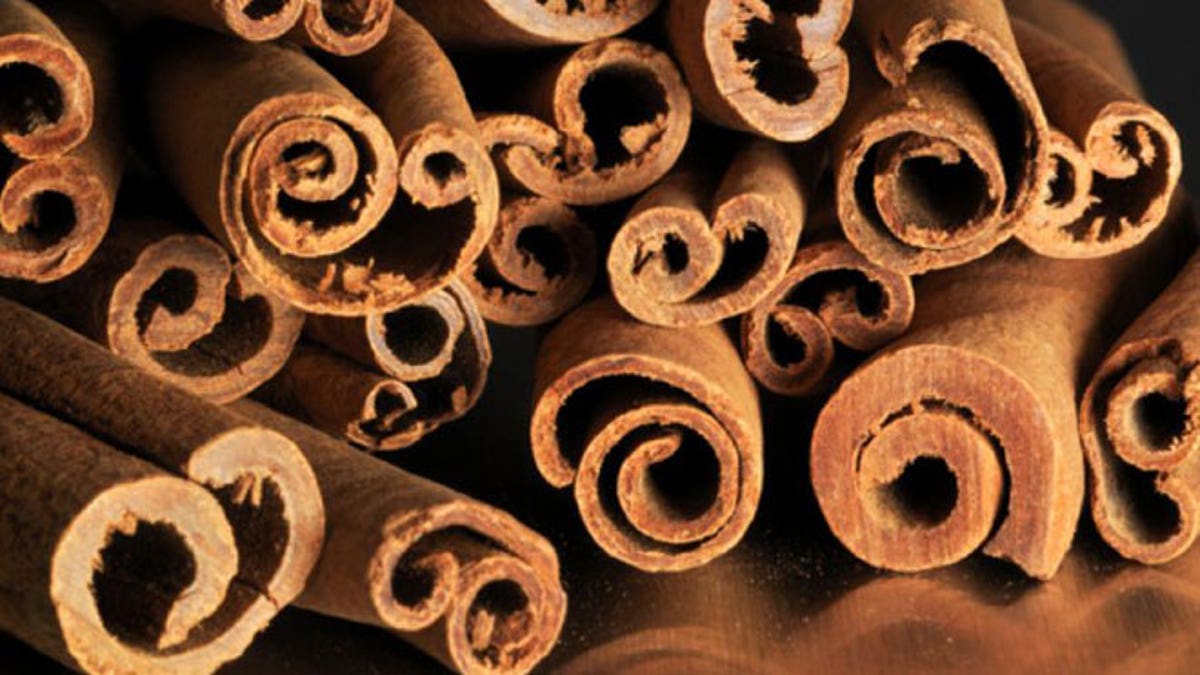
People with Type 2 diabetes — the most common form of the disease, characterized by resistance to insulin (essential for a healthy metabolism) and high blood sugar levels — rely on such medications as Glucophage (metformin) or Acarbose to control the condition. Recently, The American Diabetes Association recommended that under some circumstances diabetics should even undergo a type of metabolic surgery to help curb diabetes through weight loss. Being dependent on a drug for the rest of your life or having to suffer through costly invasive surgery are bleak prospects; fortunately, there are other less costly, more proactive options that can help diabetics to rein in their blood sugar and perhaps (with their doctor's approval, of course) avoid the other options.
There is some debate among doctors and nutritionists as to the long-term effectiveness of diet on diabetes, but a growing body of evidence suggests that a regimen of high-fiber, low-carbohydrate foods, providing the body with a stable and steady stream of energy, can help blunt dramatic spikes in blood sugar and can also eventually lead to less of a reliance on medication. A 2012 literature review by the American Diabetes Association analyzed the results of 11 clinical trials that tested the impact of dietary management of diabetes, and concluded that a low-carbohydrate diet did indeed have positive impacts on blood glucose, insulin sensitivity, and fasting insulin levels, and could even decrease the need for glucose-lowering medications.
In addition to simply reducing carbohydrate consumption, there are a number of foods that experts in the subject have recommended as potentially beneficial to those with Type 2 diabetes. Click here to learn about 10 of them.
Apple Cider Vinegar
It might not be the most pleasant pre-meal apéritif, but a couple tablespoons of vinegar before eating can help manage blood sugar levels. A study out of Arizona State University found that when diabetics and prediabetics consumed two tablespoons of vinegar before two meals each day, there was a major reduction in postprandial insulin sensitivity, compared to the control group that did not consume any vinegar.
More From The Daily Meal
Avocado
The avocado’s high amount of monounsaturated fat and low sugar content sets it apart from other fruits. Monounsaturated fats can subdue blood cholesterol levels and slow the absorption of other sugars.
Black Beans
Beans are full of fortifying fiber and protein, and, as a result, they have a low glycemic index value. Their culinary versatility allows them to easily be incorporated into a number of breakfast, lunch, and dinner dishes. Diabetics should always keep a few cans in the cupboard.
Chamomile Tea
A study from of the Journal of Agricultural and Food Chemistry showed that chamomile tea may be an effective tool at regulating blood sugar. Research out of the University of Toyama in Japan showed that when diabetic rats were given a dose of chamomile extract for three weeks, they showed an overall decrease in blood glucose levels, compared to the control group.
Cinnamon
A study found that adding a half teaspoon of cinnamon to your daily diet has the ability to make cells more responsive to insulin. The study’s test subjects found a reduction in blood-sugar spikes after taking varying amounts of cinnamon extract over a 40-day period.








































